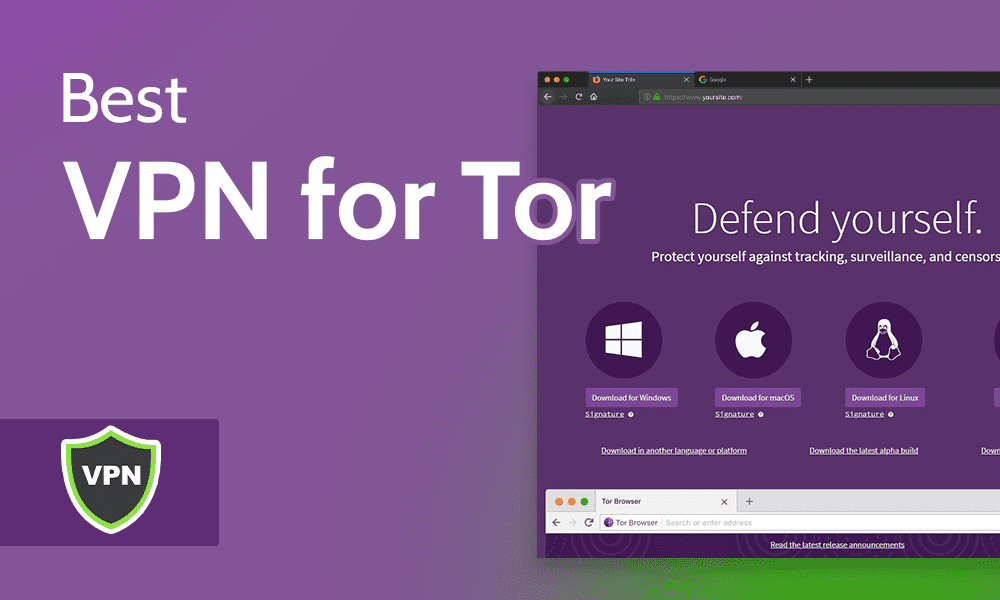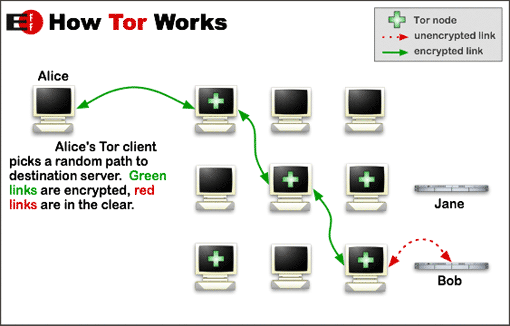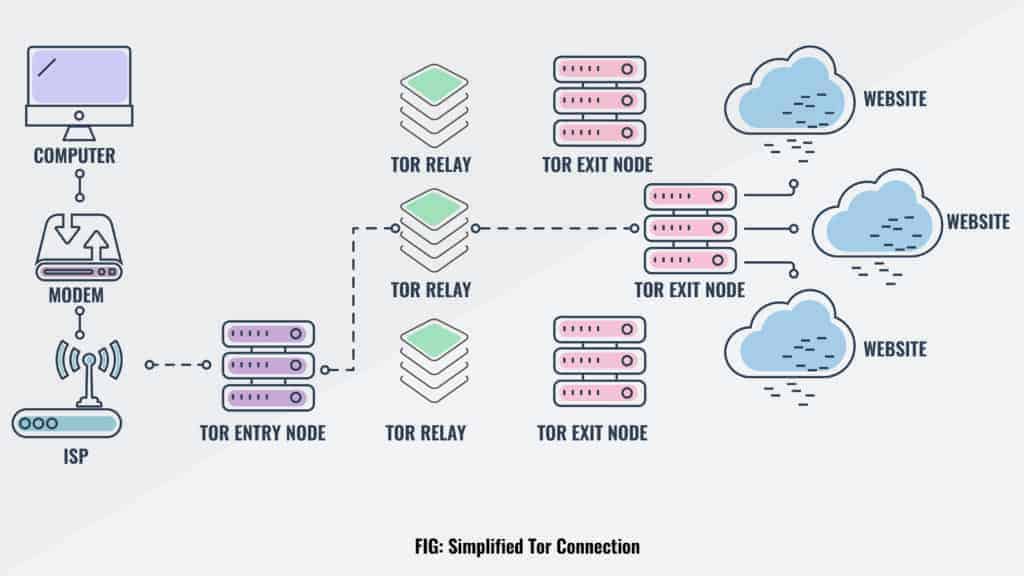Featured
Table of Contents
What's The Difference Between Tor And A Vpn?
Among the key differences between Tor and a Virtual Private Network (VPN) is who controls the tool., which means that they are centralized. If you use a VPN, you need to rely on that the VPN service provider will honor its commitment to keep your data safe and private. On the other hand,.

Tor, on the other hand, is slower and less user-friendly. It's likewise a well-known reality that Tor has been used for not-so-ethical activities.
Tor is not recommended for streaming as the connection is too slow. Yes, most VPNs are quick enough for streaming. Many exit nodes obstruct traffic to and from gushes. Yes, however in some cases it depends upon the supplier. The browser is easy to establish however often requires additional configuration that needs more technical knowledge.
Tor Vs. Vpn - Which Online Privacy System Is Better? 2023
A lot of VPNs are simple to use and intuitive. Slow Fast speeds, but this will depend upon the VPN service provider, the server you choose and your distance to it, and other elements. When you send data through this tunnel, your IP address is replaced with the server's IP. This makes it appear as though you are accessing the internet from the area of the remote server instead of your actual location.
Just those that have the secret to open this safe (which is you and the data's location, like a website) can see your data. Thanks to contemporary file encryption algorithms (or locks), it's near difficult to break into your data. For instance, Express, VPN utilizes a file encryption algorithm called AES 256-bit, which is the very same algorithm utilized by the government and armed force.
You will experience speed loss since your information requires to take a trip farther to get to its location and because the file encryption procedure requires time. That stated, this difference is barely noticeable with a premium VPN, and it will not impact your speed as much as Tor does, as Tor isn't enhanced for speed as some VPNs are.
What Is Vpn Over Tor? How To Use It?
This is why you must try to find a VPN which provides an automated kill switch, as it will disconnect you from the web in case your VPN software application fails. Each node secures your data before it is forwarded to the next server. When your traffic is gotten by the last server (called the exit node), it's decrypted and sent out to the website you're visiting.
The exceptions to this are the entry node, which can see your real IP, and the exit node, which opens your encrypted data. Spies can see your traffic once it leaves the network, but not where that data came from., consisting of hackers and spies. Bad nodes usually gather info such as login details to websites, personal details, online chat messages, and e-mails.
To safeguard yourself from bad relays on Tor, I advise the following: over your connection. Never ever log into sites unless they use HTTPS.
Tor Over Vpn: Is It Useful If You're Not A Whistleblower?
Facebook has actually a. onion mirror site so that people in heavily-censored areas can use it to communicate. The Tor web browser or Android app, or Tails, the Tor operating system, or Onion Browser, the Tor i, OS app.

Since the web browser hides your identity, Tor is typically utilized to gain access to worldwide material in countries with rigorous online censorship. The Tor network is really sluggish, that makes it less than ideal for streaming, torrenting, gaming, or any other bandwidth-heavy activities. The exit nodes of Tor can be manipulated by competent people to spy on other users, so it's not as safe as a premium VPN would be.
, as well as avoid your ISP and security bodies from spotting the use of Tor. This method requires more technical know-how because you'll require to configure your VPN client to work with Tor.
Best Vpn For Tor Browser – 100% Tested, Faster And ...

Although Tor's entry node can still see your real IP, your VPN will only see the exit node's address. Your ISP won't have the ability to see that you're connected to a VPN, however it can see that you're using Tor. Due to the fact that you can pick which remote server your VPN utilizes,, too.
Your traffic is not secured when it leaves the Tor network, so. You require to conceal your usage of Tor from your ISP and monitoring bodies.

You wish to websites. Another service is to combine both and use Tor over VPN. Tor protects your personal privacy by routing traffic through multiple encryption layers and relays, but your information is susceptible on the exit node. VPNs secure your internet traffic end-to-end and reroute it through remote servers of your choice while altering your IP address.
Tor Vs Vpn: What's The Difference And Which Is Safer?
When you use Tor, your web traffic is encrypted and routed through several nodes, making it harder for your ISP to see what you're doing online. This can help avoid ISP throttling based upon your online activities, such as streaming videos or downloading big files. However,, which means that some ISPs may still be able to detect and throttle Tor traffic.
We recommend Express, VPN the # 1 VPN out of over 350 companies we have actually checked. It has military-grade file encryption and privacy features that will ensure your digital security, plus it's presently providing 49% off.
Latest Posts
The Top 10 Enterprise Vpn Solutions
Advantages And Disadvantages Of A Vpn
10 Best Cloud Vpn Providers In 2023